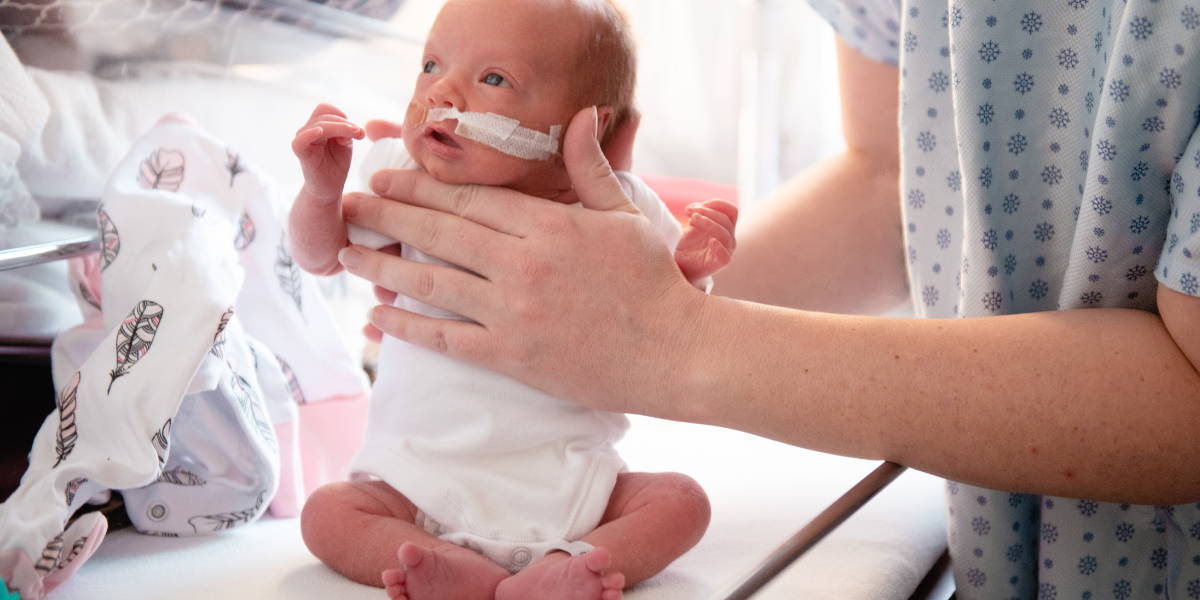
In May 2020, a group of anesthesiologists working on the frontline at Vancouver General Hospital (VGH) expressed a keen interest in supporting efforts to combat gender-based violence, and felt compelled to act.
With much of the COVID-19 response having largely focussed on emergency needs, they saw great value in simultaneously looking to longer-term, sustainable supports for survivors across the province.
They elected to support the BC Women’s Health Foundation’s (BCWHF) partnership with the Ending Violence Association of BC (EVA BC).
Their collective contribution raised over $50,000 – and in doing so, moved the BCWHF Board of Directors to match the gift and “double the impact” for a total of over $100,000. This will directly support the BCWHF’s campaign for gender-based violence programs and resources through EVA BC, aiming to raise $600,000.
At a time when individuals and groups are pivoting and reprioritizing, we’ve been humbled to witness the unexpected opportunities that can shine through. We’ve also been humbled to witness male allies coming together, to demonstrate to the public that sexual assault and intimate partner violence are not just “women’s” issues. Both of these parties are made of at least half men, men who are leading with the spirit of compassion.
The following is an Op Ed co-authored — ally to ally — by Dr. Bevan Hughes, Co-Director of Clinical Services in the Department of Anesthesia at Vancouver General Hospital, and Tracy Porteous, Executive Director of the Ending Violence Association of BC (EVA BC).
—
Thanks to the unflinching resolve of our healthcare workers, the commitment to social distancing by the community at large, and the steady hand and visionary stewardship of our public health leadership, we here in BC have been fortunate to have largely avoided overwhelming our healthcare system, like in other parts of the globe.
Today, as isolation measures gradually lift, we urge the people of our province to turn their gaze to the lesser known “frontlines” that have emerged during this time. While the COVID-19 onslaught has been flattened for now, the prevalence of gender-based violence has surged with devastating consequences on the health of our communities.
As a staff anesthesiologist and critical care doctor at Vancouver General Hospital, I have found the COVID-19 pandemic one of the most challenging and stressful periods of my medical career.
It’s been an emotionally and physically draining time for those of us trying to keep people alive and safe in the hospital. It’s been especially difficult to manage while draped in suffocating protective equipment, and implementing complicated and cumbersome new protocols – all while actively trying to prevent COVID-19 infection in our patients, our staff, and our families. The outpouring of support from the community has been unexpected, intensely heartfelt, and invigorating for all of us. The nightly chorus of pots and pans has brought me to tears several times as I prepared for another night shift spent struggling to care for COVID-19 patients.
Thankfully, we haven’t yet seen the huge numbers of infected patients we were anticipating. Unfortunately, what we are seeing is greater intimate partner violence: the unanticipated consequences of social isolation, physical distancing, and a slowdown of the economy.
That’s why our team at Ending Violence Association of BC (EVA BC) has been working so hard to support front line responders across BC who are now dealing with a surge in demand for help, as survivors emerge from isolation. At highest risk are women, girls, trans, and non-binary people.
The United Nations named gender-based violence the “shadow pandemic” of COVID-19, because disasters exacerbate pre-existing gender inequities. Economic stress, social isolation, loss of jobs, and unstable emotional and mental health are all risk factors for violence — the exact dynamics we are seeing during this time. As women are increasingly isolated from the resources that can help them, they have fewer opportunities to distance themselves from their abusers.
Today, EVA BC’s over 300 programs across our province have pivoted to offer remote and virtual options for risk assessment, safety planning, and emotional support. These essential workers have been bravely facing this challenge, largely without the appropriate increases in funding and resources.
Gender-based violence was already occurring at an epidemic level before COVID-19. It’s estimated that one in three women will experience sexual assault in their lifetime. Sexual assault and intimate partner violence are the only two violent crimes in Canada that keep steadily increasing.
During this pandemic, one in 10 women in Canada is concerned about violence in the home. Gender-based violence has emerged as a “hidden” consequence of COVID-19. Our response must be anything but. It will take dedication, collaboration, and investment.
It will take unlikely partnerships like ours — where the link between an anesthesiologist urging support for an anti-violence program might not be immediately obvious. But this pandemic has forced us to redefine and redraw the “front line.”
We need everyone to not only boldly confront this issue, but commit resources to ensure that protective services for women are “essential.” Hotlines, safe spaces, referral pathways, and justice mechanisms were vital in pre-pandemic times — and even more important in crisis.
Flattening the curve and facing down the invisible threat of this devastating virus has required that we all re-deploy our resources to avoid being overwhelmed by a surge in critically ill COVID-19 patients. We now need the same dedication to revisioning how we fund programs for gender-based violence.
Dr. Bevan Hughes is the Co-Director of Clinical Services in the Department of Anesthesia at Vancouver General Hospital. Tracy Porteous is the Executive Director of the Ending Violence Association of BC (EVA BC).
—
STAY ENGAGED
- Donate to the BCWHF’s $600,000 campaign for “women experiencing violence” with EVA BC.
- Read 10 facts on gender-based violence.
- Learn more about how the BCWHF is working collaboratively with EVA BC to deliver life-saving resources to women as part of a COVID-19 provincial gender-based violence response.
If you or someone you know is experiencing violence — VictimLinkBC is available 24-7 in multiple languages. It can be reached toll-free by calling 800-563-0808 or emailing VictimLinkBC@bc211.ca. The service is confidential and available across BC and Yukon.
-
Lauren’s Story
Through the loss of a pregnancy and the birth of a baby, the team at BC Women’s provided the emotional suppo...
Read more -
Making Strides For Women In Midlife
Women deserve care that is evidence-based and takes a lifespan approach. Women in midlife can experience a wid...
Read more -
Unlocking the future for babies with brain injuries in the BC Women’s NICU
For parents with a newborn in the Neonatal Intensive Care Unit (NICU), one of the hardest questions to face is...
Read more



